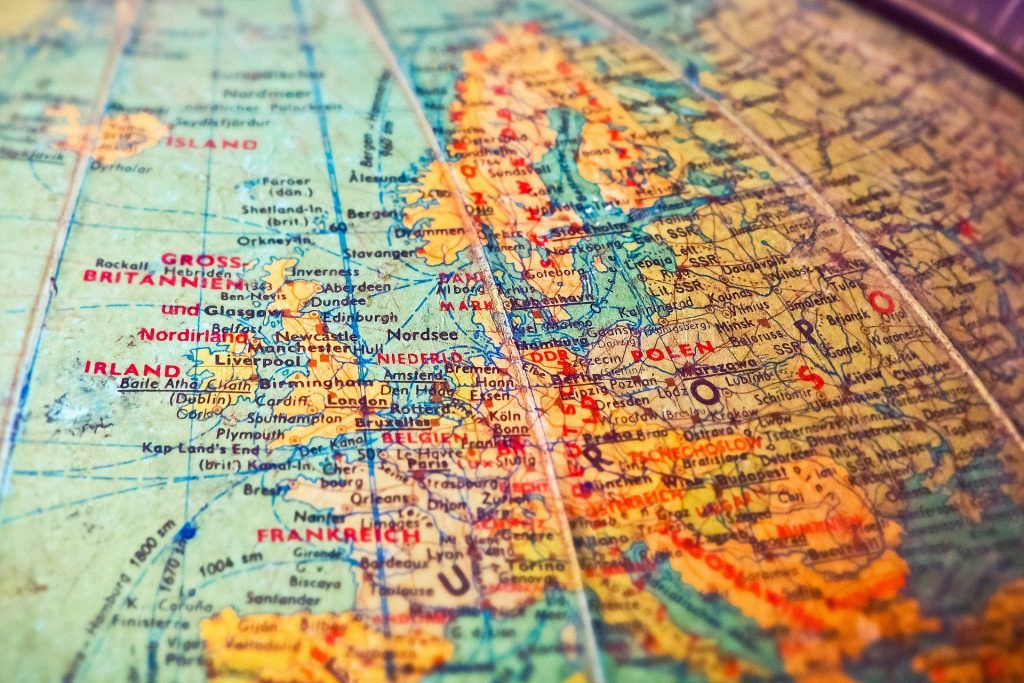There’s never a bad time to consider which courses you want to take during your master’s degree. Whether you’re reading this because you’ve just been accepted to LSE or because you’re on the cusp of picking your courses, it’s important to make sure you pick modules that are right for you. In this post, I recommend three masters courses if you’re starting a postgraduate degree in the Department of International History at LSE.
1. HY411: European Integration in the Twentieth Century
The origins and rise of the European Union is one of the most important developments in twentieth century European and international history. After two destructive world wars destroyed the European continent, several western European nations vowed to build a new community that would strengthen relations between them and hopefully reduce the likelihood of future wars in Europe. Over the following decades, this project gained momentum and massively expanded into what we know now as the EU. If you are interested in this crucial history, especially in light of Britain’s departure from the European Union, you should consider this course.

2. HY422: Presidents, Public Opinion, and Foreign Policy: From Roosevelt to Reagan, 1933-89
HY422 is a great course if you’re interested in learning about the recent history of US foreign policy while also taking some unique angles on it. Yes, you’ll look at American foreign relations from traditional perspectives, but you’ll also tackle how the all-too-familiar role of public opinion and the media impacted it as well. In this course, you’ll examine the rise of Franklin D. Roosevelt and his battles against “isolationism” in the United States, World War II, the onset of the Cold War, the hot wars in Korea and Vietnam, the rise and fall of détente, and Ronald Reagan’s re-escalation of the Cold War during the 1980s. If you want an advanced look at the biggest moments in US foreign policy during a huge chunk of the twentieth century, this is a great choice.
3. HY4A9: China and the United States Since 1949
The International History Department has traditionally offered full-year courses for both its undergraduate and postgraduate students. However in recent years, it has begun to explore new, half-unit (one term) courses, which allows students to obtain new levels of diversity in their programmes. One of those courses is the crucial China and the United States Since 1949 course. The US-China relationship is going to be the most important one of the twenty-first century.
After decades of rapprochement with Richard Nixon’s opening to China in the early 1970s, Sino-American relations have reached a new low by 2022. Both countries view the other with immense amounts of distrust and scepticism and are competing across the world in what some commentators have called a new Cold War. If you are even remotely interested in understanding how we got to this point, and in trying to determine where we go from here in this new superpower relationship, take this course.





